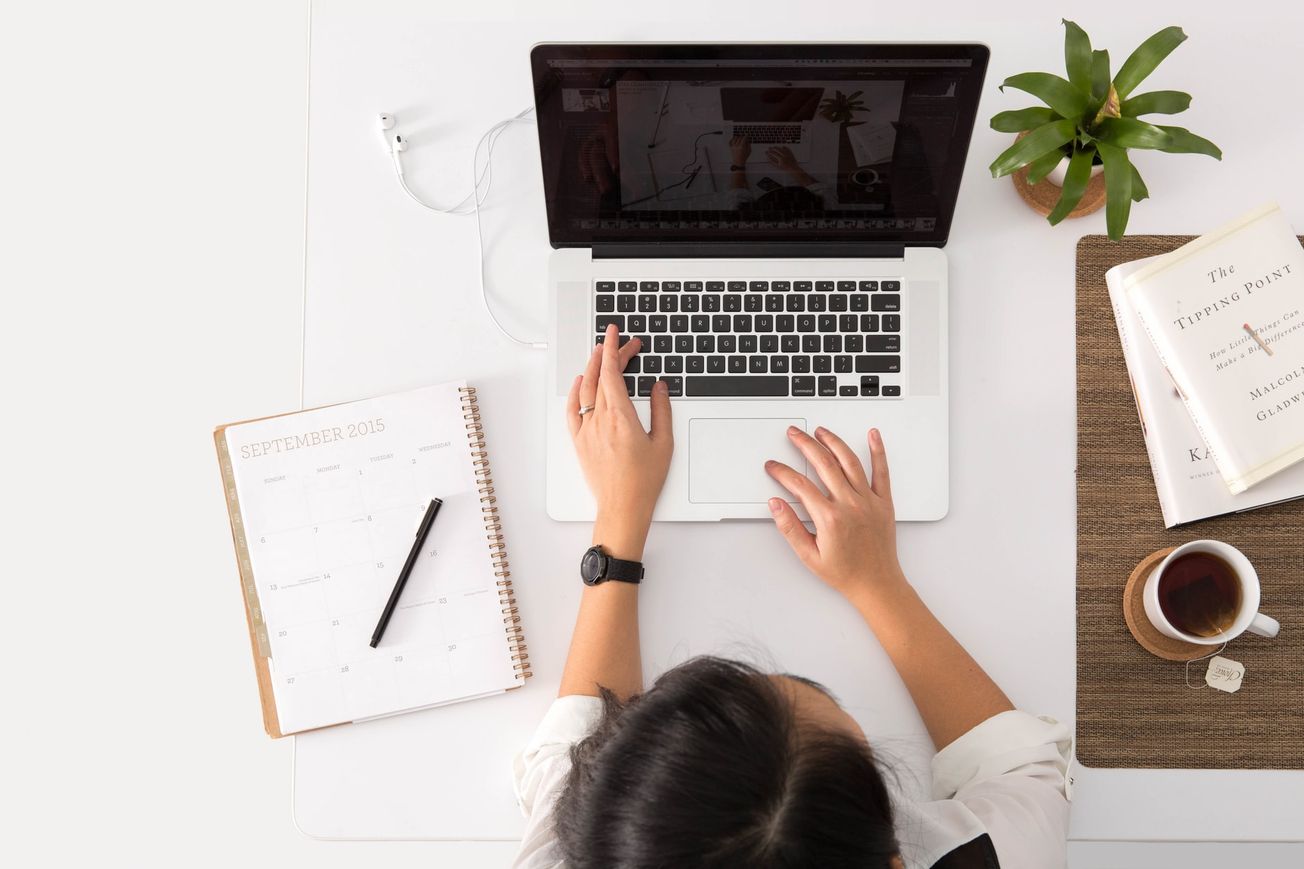By Katie Chalk, First Year, English and History
Epigram's guide to making the most of studying during lockdown, including tips and tricks from creating WEB lists to making sure you leave time for yourself.
No matter your current living situation, whether you are at home or your term-time address, we are all encountering unprecedented changes to our university experience. Many students will suffer heightened procrastination and reduced motivation and for some, more practical issues will arise such as lack of study space and caring responsibilities.
Here are some practical tips which may help to make the best of this challenging situation:
1. Get to grips with the technology.
For the non-tech-savvy among us, the prospect of our entire academic lives moving online is daunting. To help yourself out when term kicks off again on April 20th, spend some time now playing around with Zoom, Skype and of course if you're not confident with it already, Blackboard. Ask more techie friends or get in touch with IT services if you're struggling.
| A guide to support from UoB's online library service
2. Know what you want to achieve.
Start each day by creating a WEB list; a fancy ‘to-do’ list. By addressing what you Want to achieve, what you Expect to achieve, and what you Better achieve, you will have given yourself priorities and direction - making a day of study seem less intimidating.

3. Decide when you will achieve it.
This is especially important right now when many of us find our days unusually empty or for those with caring responsibilities, unusually full. Either way, the amount of time available to study has changed, so organisation is even more important.
Use a diary or app to create a schedule each day. Start with your timetabled commitments like lectures and seminars then build around that. Think about things like: when are you most productive? Are you a morning, afternoon or evening person? Designate your toughest tasks for times when you know you will work most effectively.
4. Create a study space and get in ‘the zone’
In order to feel productive, having a dedicated and quiet work-space can be really helpful. This will of course not be possible for everyone but as a general rule, try and avoid working in your sleeping space, especially not in bed.
To be able to sleep well, it's helpful if we can associate our beds with relaxation and not concentration. Equally, lying in bed is likely to make us lethargic and tired which is not conducive to productive study.
Get dressed. Seriously. It doesn't matter what you wear. If you feel you're most productive in a Hello Kitty onesie then you go for it! Just change out of whatever you wore to sleep in, you'll feel so much better (and cleaner...) and ready to work.
Useful ideas from BILT for anyone with research to carry out for a project or dissertation https://t.co/cx614MviE4
— Bristol Study Skills (@UoBristolStudy) April 6, 2020
5. Negotiate with who you’re living with.
In order to provide yourself with uninterrupted time in a quiet space, some negotiation with the other members of your current household may be necessary. When you have created a plan for your day, discuss this with others and be willing to be flexible.
It’s important to acknowledge that a whole day of study is probably unrealistic, and the other people you’re living with also have needs to accommodate. Try to ‘ring-fence’ sections of the day when you will have un-interrupted study time by agreeing to dedicate other sections of time to other responsibilities: caring for younger siblings, for example.
It will always be better to have an hour of productive time than seven hours of trying to be productive unsuccessfully.
6. Take breaks!
We need to avoid the mindset that because we’re in quarantine, we have to ‘make the most’ of every minute to study - you still deserve regular breaks whether you’re at home or in a university library!
Ensure you step away from the workspace regularly and do something completely different for half an hour; whether that's some Netflix, reading or exercise, you’ll be more refreshed when you return.
There are loads of free home workouts available from Les Mills, the Bristol University Sport Facebook Page, and my personal favourite, Joe Wicks, which can help break up your day. Also ensure you make the most of your permitted outdoor time as well!
7. Your health comes first.
There is no doubt we are living through unprecedented circumstances and therefore it is important to remember it’s okay not to be at your most productive right now! Crucially, if you find yourself unwell or find that keeping on top of work is impacting on your mental health, stop and ask for help.
Contact the Bristol University wellbeing teams and don't be afraid to get in touch with your personal tutor or any contact advised by your faculty/school.
Check your email for information about extensions: an extension of up to 14 days for all assessments will be provided for any student who applies for it, evidence free. There is also an abundance of mental health advice and resources available at the moment such as from The Mental Health Foundation, the NHS, and Headspace.
Featured: Unsplash / Avel Chuklanov
Do you have any good study tips? Let us know!









